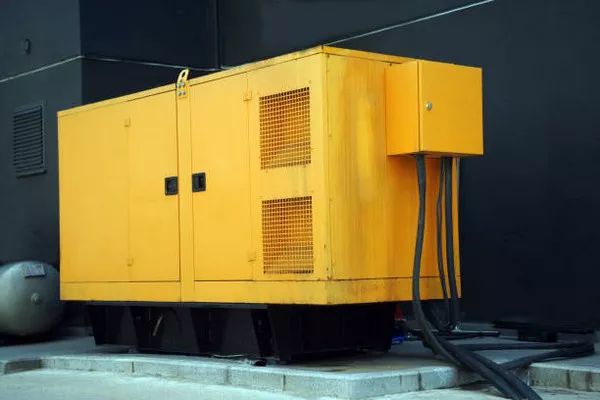Portable generators have become indispensable tools in various situations, providing a reliable source of power during emergencies, outdoor activities, and construction projects. While these generators offer convenience and versatility, there is a critical aspect that users often overlook – grounding. In this article, we will explore the reasons behind grounding a portable generator and the potential consequences of neglecting this essential safety measure.
Why Grounding Matters:
Grounding a portable generator is a crucial safety practice designed to prevent electrical accidents and protect both individuals and equipment. When a generator is properly grounded, it establishes a direct path for electrical currents to flow into the ground, reducing the risk of electric shock and fire hazards. Here are some compelling reasons why grounding your portable generator is essential:
Electrical Safety:
Portable generators produce electricity, and if not grounded properly, the electrical currents may seek alternative paths to the ground. This can result in “stray” currents flowing through the generator’s frame and other conductive materials, posing a severe risk of electric shock to anyone coming into contact with these surfaces. Grounding ensures that any excess electrical charge is safely directed into the ground, minimizing the danger of electrocution.
Fire Prevention:
In addition to the risk of electric shock, an ungrounded generator can pose a serious fire hazard. Electrical faults, short circuits, or overloads may occur, leading to the overheating of generator components. Without a proper ground, the excess electrical energy has no safe path to dissipate, increasing the likelihood of sparks and ignition. Proper grounding significantly reduces the risk of fire, safeguarding both the generator and the surrounding environment.
Equipment Protection:
Portable generators are often connected to various appliances and electronic devices. Without grounding, these devices may experience irregular voltages and fluctuations, potentially causing damage to sensitive electronics. Grounding provides a stable reference point for electrical currents, helping maintain a consistent voltage level and protecting connected equipment from potential damage.
How to Ground Your Portable Generator:
Grounding a portable generator is a straightforward process, and manufacturers typically provide guidelines in the user manual. Here are the general steps to ensure proper grounding:
Use a Grounding Rod:
The most common method of grounding a portable generator is to use a grounding rod. This rod, typically made of copper or another conductive material, is driven into the ground near the generator. A copper grounding wire is then connected from the generator’s grounding terminal to the rod, establishing a direct path for electrical currents to dissipate into the ground.
Follow Manufacturer’s Guidelines:
Always refer to the manufacturer’s guidelines and specifications for your specific generator model. Manufacturers provide specific instructions on the recommended grounding methods for their generators. Following these guidelines ensures that you adhere to safety standards and maintain the warranty on your generator.
Use a Grounding Mat:
In some situations where driving a grounding rod into the ground may not be feasible, a grounding mat can be used as an alternative. A grounding mat is a conductive material placed on the ground, and the generator is positioned on top of it. A grounding wire connects the generator’s grounding terminal to the mat, providing a safe path for electrical currents.
See Also How Long Do Backup Generators Last
Conclusion:
In conclusion, grounding your portable generator is a critical safety measure that should never be overlooked. The potential risks associated with an ungrounded generator, including electric shock, fire hazards, and equipment damage, underscore the importance of following proper grounding procedures. By taking the time to understand and implement the recommended grounding methods for your specific generator, you not only protect yourself and others but also ensure the reliable and safe operation of your valuable equipment. Remember, safety should always be the top priority when using portable generators.

